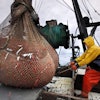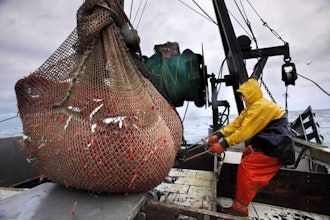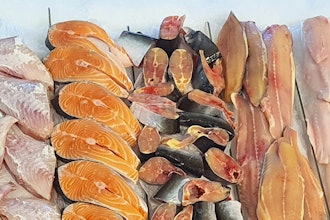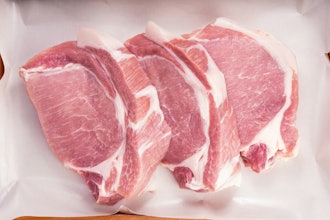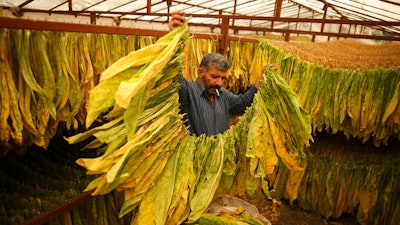
CELIKHAN, Turkey (AP) — Mehmet Emin Calkan begins work harvesting a tobacco field in rural Turkey before dawn, then has another shift skewering and stringing the tobacco to dry under the sun.
The 19-year-old, who hopes to study electronic engineering, has undertaken the strenuous work to help support his family and pay for books he needs to prepare for the university entrance exam. His family cannot afford to send him to schools that prep students for the test.
“Sometimes I work until 9 p.m.,” Calkan said.
While he labors, his boss, tobacco grower Ismail Demir, says rising costs from fuel to fertilizers have seriously affected his livelihood.
“The vehicle I use to go to and from the field burns 300 Turkish lira ($16) of diesel. Last year, we were commuting for 50 Turkish lira ($3),” he said. “In short, when we add up the costs, we don’t have much left to live on.”
Both landowner and worker in the tobacco-growing district of Celikhan squeezed between mountains in southeast Turkey are among millions grappling with the country's economic turmoil, including record inflation and a weakening currency.
Yearly inflation came in at a 24-year high of 83.45% on Monday, according to official government figures — the highest among the Group of 20 major economies. Independent experts, however, say the rate is much higher, with the Inflation Research Group putting it at 186.27%.
The sharpest increases in annual prices were in the transportation sector, at 117.66%, followed by food and non-alcoholic drink prices at 93%, according to the statistical institute’s data.
While countries worldwide have been grappling with an increase in food and fuel prices stoked by the COVID-19 pandemic and the war in Ukraine, economists say Turkey’s woes are mostly self-inflicted.
President Recep Tayyip Erdogan has espoused an unorthodox belief that higher borrowing costs lead to higher prices — a theory that runs contrary to established economic thinking.
Pressured by Erdogan, the Turkish central bank has been moving in the opposite direction of world economies that have been rapidly raising interest rates to cool soaring inflation. Last month, the bank cut its key rate by 1 percentage point, to 12%.
The Turkish lira weakened to record lows against the dollar following the move and has lost more than 50% of its value since the central bank began cutting rates last year.
Erdogan, who faces elections in June, says his government is prioritizing economic growth and exports in a bid to achieve a current account surplus — Turkey’s transactions with the rest of the world — insisting that his economic model has helped save 10 million jobs.
He has signaled more rate cuts in the coming months, insisting that the reduced borrowing costs will help tame inflation in the new year.
“You have a president right now whose biggest fight, whose biggest enemy is (high) interest rates,” Erdogan said in a speech last week. “We’ve reduced the interest rate down to 12%. Is it enough? It isn’t enough. It has to go down further.”
Erdogan added, “I hope that after the new year, this inflation will come down due to the low interest rate. I believe that this inflation will come down with low interest. That’s what I’m pushing for.”
The government has introduced several relief measures to help cushion the blow from rising inflation, including increasing the minimum wage in December and in July, announcing a 25% cap on rent increases and reducing taxes on utility bills. It also has announced a major housing project for low-income families.
Still, many people are struggling to meet basic needs.
In Celikhan, Ibrahim Suna another tobacco grower, worries that he will not be able to support his family with this year’s harvest.
“Tobacco is our only means of living, and we have no other income,” the father of five said. “This year, I expect to harvest 400 kilograms of tobacco. What I’ll earn is about 100,000 Turkish lira ($5,400), but half of it will go to expenses.”
___

